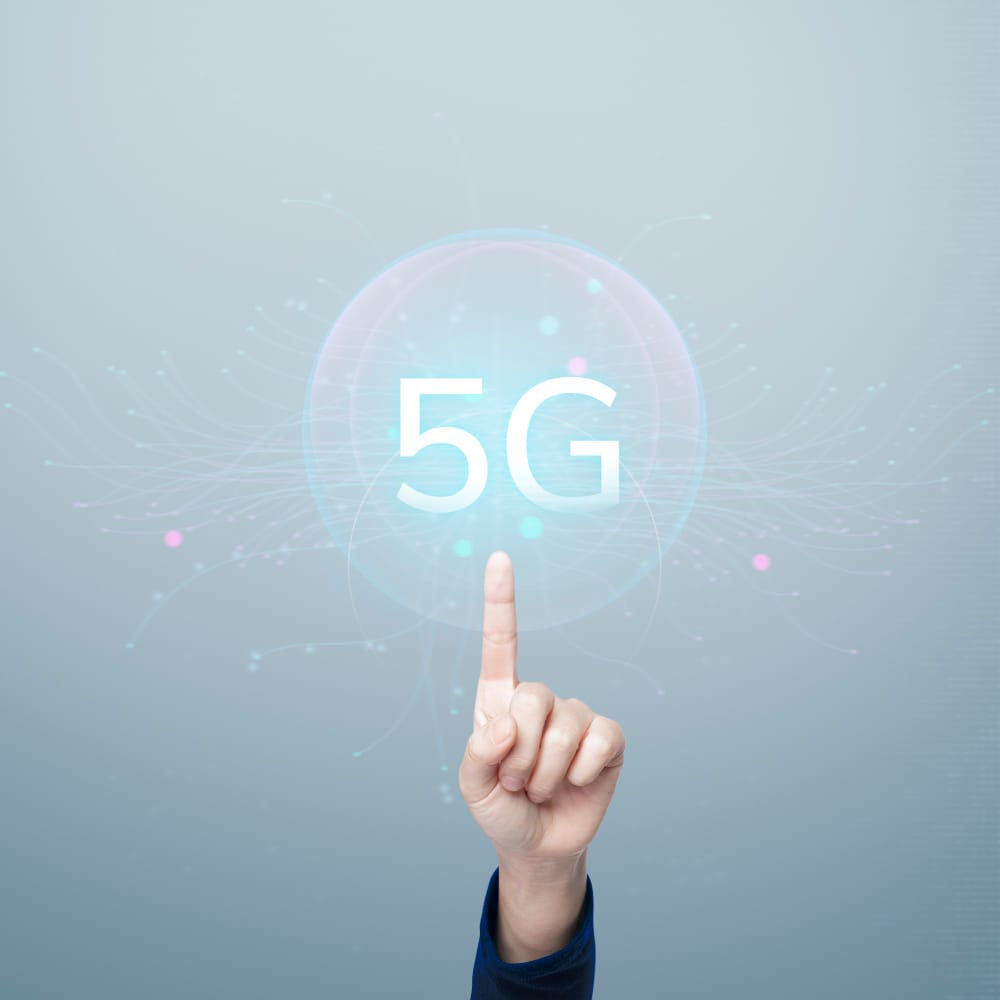
5G technology is set to revolutionize the way we connect and communicate with one another. With its significantly faster speeds and lower latency, 5G promises to enhance the connectivity of devices across the globe. One of the ways in which 5G technology will improve the speed and connectivity of devices is through its ability to handle exponentially greater amounts of data. This means that devices will be able to process and transmit data at lightning-fast speeds, ensuring smooth and seamless communication.
5G technology will enable devices to connect to the internet with much greater efficiency. With its improved network capacity, 5G will be able to support a larger number of devices simultaneously, reducing congestion and enabling faster connections. This will be particularly beneficial for smart devices such as wearables, IoT devices, and autonomous vehicles, which require high-speed, low-latency connections to function effectively.
Another key advantage of 5G technology is its ability to provide more reliable connectivity. With its advanced network architecture and multiple input, multiple output (MIMO) technology, 5G will be able to minimize signal interference and optimize signal strength, ensuring that devices remain connected even in crowded areas or in environments with poor coverage. This will lead to a more seamless and uninterrupted user experience.
5G technology will also enhance the speed and connectivity of devices through its support for new applications and services, such as virtual reality (VR), augmented reality (AR), and ultra-high-definition video streaming. These bandwidth-intensive applications require high-speed connections and low latency to deliver a truly immersive experience, which 5G technology is uniquely positioned to provide.
5G technology will improve the speed and connectivity of devices by enabling faster download and upload speeds. With its greater bandwidth and higher data rates, 5G will allow users to download and upload large files, such as videos, photos, and documents, in a fraction of the time it currently takes on 4G networks. This will not only save time but also enable users to be more productive and efficient.
Another significant benefit of 5G technology is its ability to support network slicing, which allows operators to allocate resources dynamically to meet the specific requirements of different applications and services. This will enable operators to prioritize certain types of traffic, such as voice calls or video streaming, based on their quality of service requirements, ensuring a more consistent and reliable user experience.
5G technology will enhance the speed and connectivity of devices through its support for edge computing. By moving data processing and storage closer to the edge of the network, 5G will reduce latency and improve responsiveness, enabling devices to access and process data more quickly. This is particularly important for applications that require real-time data processing, such as autonomous vehicles and industrial IoT devices.
5G technology will improve the speed and connectivity of devices by enabling seamless roaming across different networks and geographies. With its global standardization and interoperability, 5G will allow devices to connect to any 5G network worldwide, ensuring uninterrupted connectivity no matter where users are located. This will be particularly advantageous for frequent travelers or businesses with global operations.
5G technology holds great promise for improving the speed and connectivity of devices in the digital age. With its faster speeds, lower latency, and greater network capacity, 5G will enable devices to process and transmit data more efficiently, support a wider range of applications and services, and provide a more reliable and seamless user experience. As 5G technology continues to be deployed and adopted around the world, we can expect to see a new era of connectivity and communication that will transform the way we live, work, and interact with one another.